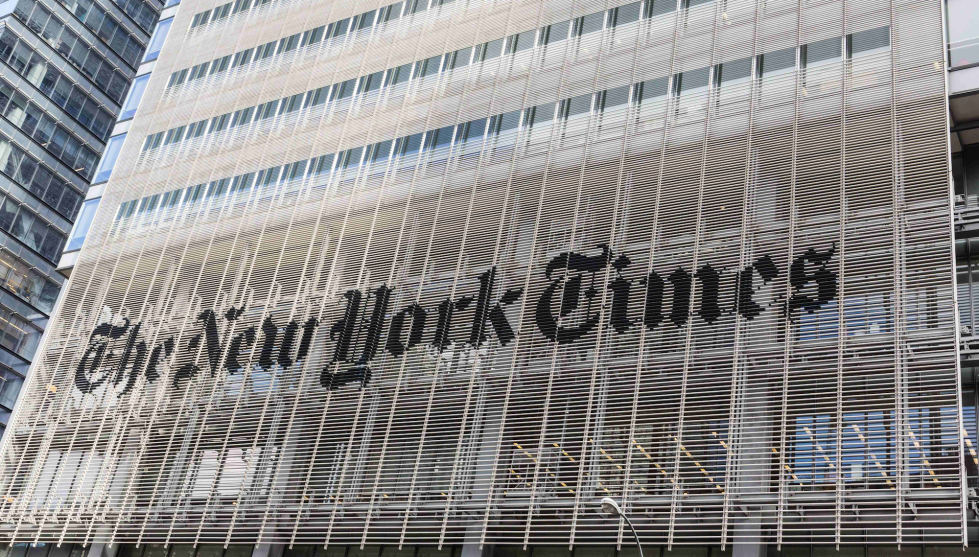
In response to a push for culturally responsive teaching that gained steam following last year's police killing of George Floyd, Republican lawmakers and governors have championed legislation to limit the teaching of material that explores how race and racism influence American politics, culture and law. Mary Altaffer/AP
Most legal scholars say that these bills impinge on the right to free speech and will likely be dismissed in court. “Of the legislative language so far, none of the bills are fully constitutional,” Joe Cohn, the legislative and policy director of the Foundation for Individual Rights in Education, told me, “and if it isn’t fully constitutional, there’s a word for that: It means it’s unconstitutional.” This does not appear to concern the bills’ sponsors, though. The larger purpose, it seems, is to rally the Republican base—to push back against the recent reexaminations of the role that slavery and segregation have played in American history and the attempts to redress those historical offenses. The shorthand for the Republicans’ bogeyman is an idea that has until now mostly lived in academia: critical race theory.The attacks and ire directed at the broad label of critical race theory are confusing, and that’s ultimately the point: It creates a banner for conservatives who oppose a realistic, anti-racist interpretation of American history to rally against it for political gain. It not only seeks to prevent schools from interrogating racism but also bars equity initiatives that discuss systemic racism. A moment during an “Education, Not Indoctrination” rally this week in Loudin County, Virginia, showed just how much critical race theory is getting used as a means to prevent equity altogether. This month, Loudin County parents sued their school district over its equity initiatives, alleging that administrators violated students’ rights by going “all-in on a curricular framework that expects students to speak, act, and think in line with a particular ideology.” “Our education leadership denies it, but equity is critical race theory dressed up pretty. It sounds lovely—equity—but it is poison,” Monica Gill, a teacher at Loudoun County High School, said during a rally. “Because equity is not about equality of opportunity, which is foundational to American political culture and economic strength. It is about equal outcomes, which is foundational to Marxist political ideology.” But that misreads any frank interrogation of America’s history and its embedded structural racism as a threat to capitalism. When asked about the most troubling thing politicians get wrong about critical race theory, Dr. Ibram X. Kendi, author of How to Be an Anti-Racist, told MSNBC contributor Jason Johnson it is the notion that critical race theory attacks white people, rather than interrogates structures of racism. “So if you’re white and you’re being told by elected officials or even the media that critical race theories are out to go after white people, then I could understand how people would be concerned about that,” Kendi said. “But it’s a very different thing when a theory and critical race theorists are focused on challenging structural racism. And I think that that’s been very troubling.”


















